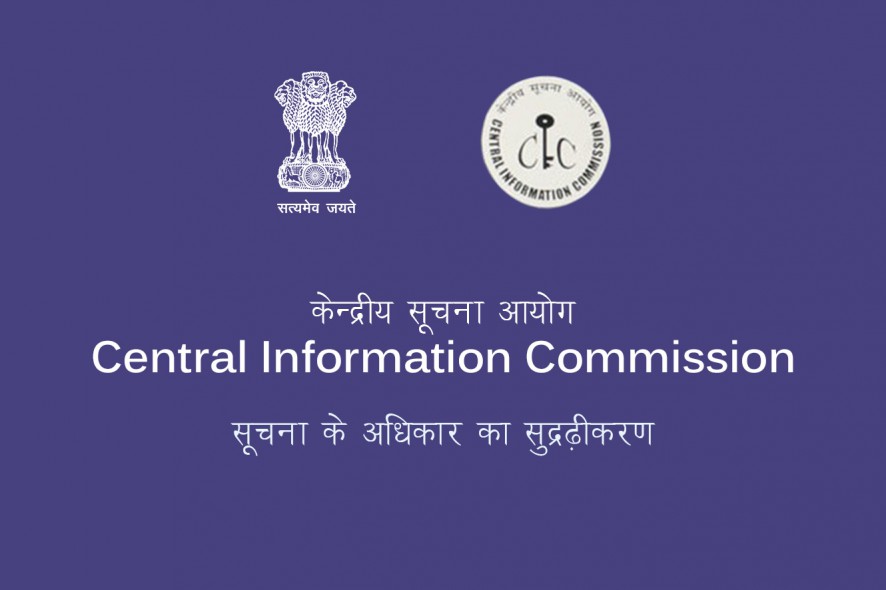Central Information Commission (CIC): While observing that “The people or clients have a right to know about the conduct of their counsel, whom they are paying fees with an expectation for justice,” CIC directed the Bar Council of Delhi to report/publish the cases of professional misconduct against advocates, both proved and not proved, at regular intervals or as and when the decision was taken. Said directions of CIC were issued while hearing an appeal filed by an RTI applicant who sought information regarding the order passed by the Bar Council of Delhi in a complaint wherein advocates as Directors of the company have been allowed to file civil suits. The applicant further wanted to know whether such an order could be reported in print and broadcast media. As he failed to receive any response in the first appeal, he approached the Commission in second appeal. The appellant claimed that the people in general have a right to know the judgments given by the adjudicating wing of Bar Council of India to uphold the ethical and professional standards of the advocates and also questioned that why the bar council decisions on the complaints against misconduct of advocates should not be reported. After hearing the parties, CIC noted that people in general have a right to know whether these professional standards are being maintained. CIC also noted that any public authority has a mandatory duty to disclose reasons for its quasi judicial or administrative decisions to the affected persons as per Section 4(1)(c) of RTI Act voluntarily and Bar Council being a public body has an obligation to report its decisions along with reasons. While laying emphasis upon the underlying factor of “public interest” concerning the matter, CIC observed, “Before Bar Council, person complaining is not seeking any remedy for himself, but trying to point out misconduct and asking the professional body to establish and protect the standards in the profession. The complainant is in fact serving the interests of profession by pointing out wrongdoers. If proved, his complaint will help the Bar Council to remove the wrongful elements and clean the profession. Hence it is not a dispute between two persons for some benefit or penalty. The people in general and advocates in particular should know how misconduct will be dealt with.” CIC directed Bar Council of Delhi to disclose cases of professional misconduct by advocates on its official website or journal or by any other means of publication and concluded the judgment. [Tapan Chaudhary v. Bar Council of Delhi, 2016 SCC OnLine CIC 9479, decided on July 20, 2016]
Bar Council of Delhi directed to disclose cases of professional misconduct by advocates
Central Information Commission (CIC): While observing that “The people or clients have a right to know about the conduct of their counsel, whom






